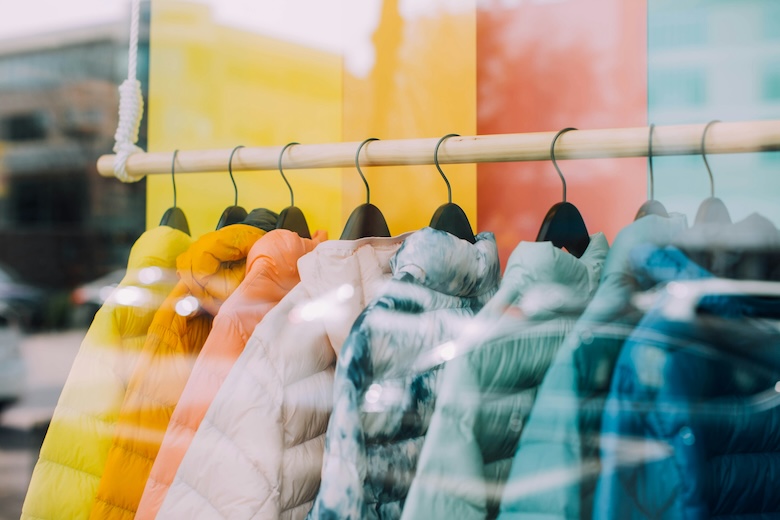
Artificial Intelligence (AI) is ushering in a new era in the retail sector by enhancing customer interactions, streamlining inventory management, and boosting operational efficiency. Here are some specific examples of AI application in retail:
Examples of AI Application in Retail:
-
Item Location Assistance by Lowes: LoweBots are employed by Lowes to help customers locate items within their stores.
-
Flu Tracking by Walgreens Through AI: Walgreens harnesses AI to monitor flu spread, contributing to public health initiatives.
-
Sephora Simplifies Makeup Finding Process: Sephora uses AI to make the task of locating makeup products easier for its customers.
-
Personalized Recommendations from North Face: The North Face leverages AI to offer tailored product suggestions based on customer likes and dislikes.
-
Uniqlo’s Mind-Reading with AI: Uniqlo deploys UMood kiosks powered by AI to suggest products according to customer responses to different colors.
-
Customer Preference Memory by ThredUp Using AI: ThredUp applies AI algorithms to customize clothing items in Goody Boxes as per individual customer styles.
-
Amazon’s Cashier-Free Shopping Experience with AI: Amazon Go store, an Amazon venture, eradicates the requirement for cashiers through automated checkout processes enabled by AI.
-
Macy’s Enhances In-Store Experience with AI: Macy’s On Call app incorporates AI chatbots to aid customers in locating products within their outlets.
-
Walmart’s Shelf-Scanning Robots Powered By AI: Walmart employs shelf-scanning robots driven by AI to keep track of inventory levels and identify missing items.
-
West Elm Links Style And Products With Help Of AI: West Elm’s Pinterest Style Finder utilizes AI to comprehend customer styles and suggest suitable furniture items accordingly.
These examples illustrate how various facets of the retail industry are being transformed by AI, from improving customer engagement to streamlining inventory management and offering personalized shopping experiences.


